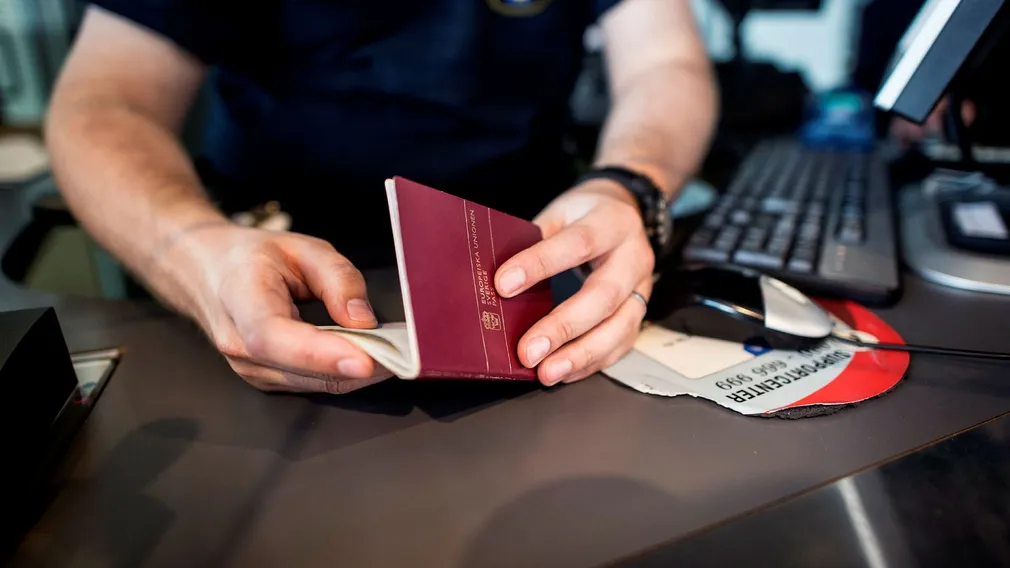
Demanding a decision from Migrationsverket
In step one of our article series we showed you How to Speed Up Your Citizenship Application , you learned how to file a request after six months. That request unlocks the next stage: the four-week countdown. Once your request is received, Migrationsverket cannot remain silent. The law forces them to act within a fixed time frame.
According to Section 12 of the Administrative Procedure Act (Förvaltningslagen 2017:900), the agency has within four weeks from the day your request was received to do one of two things:
- Decide your case — you finally receive an approval or a rejection.
- Issue a refusal to decide — you receive an official decision that they will not make a decision yet.
Either outcome is progress. A final decision resolves your application. A refusal may sound like a setback, but it is legally valuable because it transforms silence into a decision you can challenge.
Why you should demand a decision from Migrationsverket
If the agency refuses to decide, you gain access to the courts. That refusal is an appealable decision under Section 49 FL. You can take it to förvaltningsrätten (the Migration Court), which will review whether the delay is lawful or justified.
If the court agrees with you, it can order the Migration Agency to make a decision “as soon as possible” (snarast or within a set time limit). That order is binding and cannot be appealed further. While it may still take time in practice, the agency is legally obliged to act.
Demanding a decision & the 4-week rule
The strength of this rule is that it removes the possibility of endless waiting without legal remedy. Either you get a decision, or you get a refusal that opens the door to an appeal. In both cases, you have forced your application forward.
Strengths of the Four-Week Rule
- Imposes a binding four-week deadline on the Migration Agency.
- Prevents indefinite silence without legal remedy.
- Provides the applicant with a formal basis for appeal.
- A court order is binding and cannot be appealed further.
Weakness of the 4-Week Rule
- Does not guarantee a positive outcome, only that a decision is made.
- Practical delays may still occur even after a court order.
- Can only be used once per case (one-time rule).
- Risk of further time loss due to additional proceedings.
Your next steps
If Migrationsverket does not act within the four-week deadline, your next move is to escalate outside the agency.
That is the subject of the following article:
Speed up your application: how to make a complaint
There you will learn how to use Sweden’s two oversight authorities — the Parliamentary Ombudsman (JO) and the Chancellor of Justice (JK).
JO investigates unlawful delays, while JK can award damages if your rights are violated.
This step ensures that silence from Migrationsverket does not end your process. You gain tools to hold the state accountable and keep pressure on your case.
Sources
- Förvaltningslagen (2017:900), 12 § and 49 § — four-week rule, one-time limit, and appeal rights.
- Migrationsverket — official guidance on begäran om att avgöra ärende (dröjsmålstalan).
Next in the series: Step 3 — How to file a complaint to Migrationsverket
Continue reading

Swedish Citizenship and Identity Requirements
Understanding why some applicants, particularly from Somalia and Afghanistan, face significant barriers when applying for Swedish citizenship due to identity verification rules.

How to Speed Up Your Citizenship Application
If your Swedish citizenship application has been pending for more than six months, you can file a request for determination under Section 12 of the Administrative Procedure Act.

How to file a complaint to Migrationsverket
If the Migration Agency ignores both your request and the four-week deadline, you can turn to Sweden’s oversight bodies: the Parliamentary Ombudsman (JO) and the Chancellor of Justice (JK).
